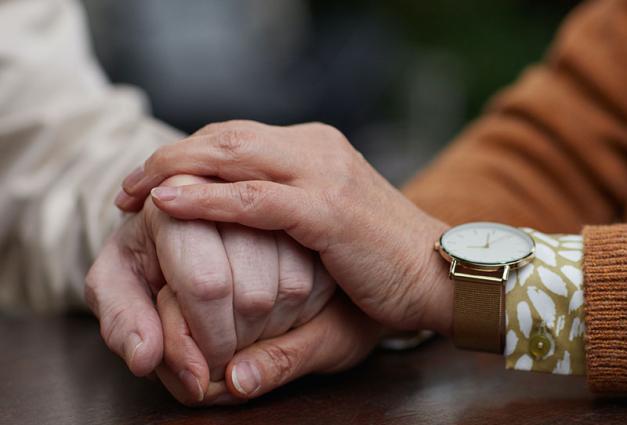A good reputation is extremely valuable in social life, but people sometimes do things that harm their reputations. How do people avoid going for short-term rewards and aim to protect their reputation in the long run? One way to protect one’s reputation from harm is to think about the future before acting, according to new research appearing in the journal Social Psychological and Personality Science.
Prior research has shown that people who engage in future thinking are better at achieving their long-term goals, and tend to be more generous in economic games in virtual scenarios. It seems this future thinking also applies to reputation protection.
“People can be tempted by short-term gains that will harm their reputation in the long run; easy money through petty crime, romantic affairs, skipping work, or hoarding and price gouging items like toilet paper and hand sanitizer during a pandemic,” says Andy Vonasch, one of the study’s co-authors. “People who successfully avoid those temptations and maintain good reputations do so in part by thinking about the future consequences of their actions.”
The team studied the choices of 1,492 Americans across three studies. In each one, they gave hypothetical situations and measured or manipulated if people were thinking about the future or thinking about the present, when making their decisions.
“Your reputation is like a key that unlocks opportunities,” says Vonasch. “If people know they can trust you, they will open up doors to future possibilities you didn’t even know existed. Without this key, everything becomes more difficult—whether it's attracting friends, romantic partners, and teammates, getting investors or customers to support your business, or getting someone to help you when you're in need.”
In one study people had to make a hypothetical decision if they’d be willing to spend a year in jail in order to not have a criminal record, thus protecting their reputation, or a lesser fine and a known criminal record. For those thinking about the future*, 78% choose jail time, and for those thinking about the present, only 57% choose jail time.
In another scenario, people were wrongfully accused of stealing from a charity and given the option to pay $1000 to protect their reputation or not pay and be the subject of a believable rumor that they are a thief. 60% thinking about the future were willing to pay a fine, while only 44% of those thinking about the present would.
The results generalized to different choice scenarios in which participants had to decide whether they would pay an immediate cost (money or going to jail) to prevent a devastating rumor from spreading in their social network. In a final high-powered replication experiment, participants who focused on the future were 15% more likely to make a reputation-protective choice than participants who focused on the present.
“Don’t forget what you do now will affect how people think about you later.” Says Vonasch.
* The researchers acknowledge that it is an open question to what extent the present findings would generalize to real-life situations with actual consequences to the decision-maker.
Study: Vonasch, Andrew J., and Hallgeir Sjåstad. “Future-Orientation (as Trait and State) Promotes Reputation-Protective Choice in Moral Dilemmas.” Social Psychological and Personality Science, June 2020, doi:10.1177/1948550619899257.
Press may request a copy of the study at [email protected]
Social Psychological and Personality Science (SPPS) is an official journal of the Society for Personality and Social Psychology (SPSP), the Association for Research in Personality (ARP), the European Association of Social Psychology (EASP), and the Society for Experimental Social Psychology (SESP). Social Psychological and Personality Science publishes innovative and rigorous short reports of empirical research on the latest advances in personality and social psychology.




